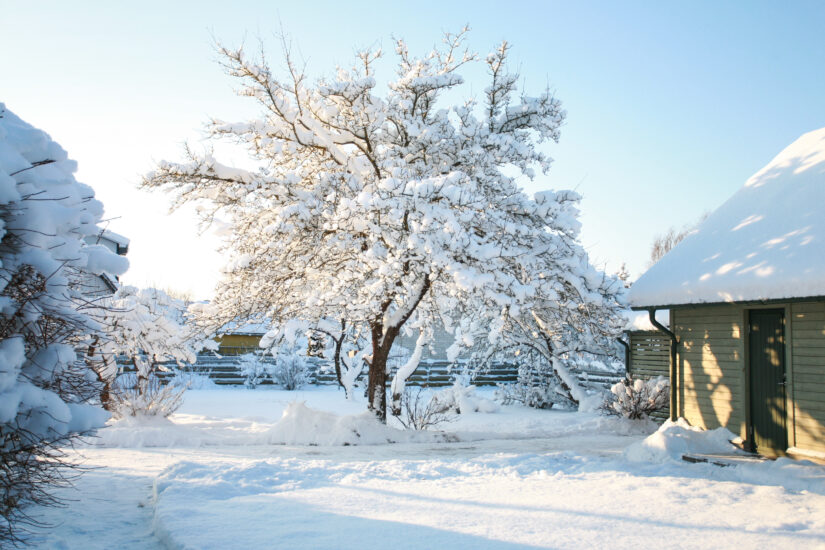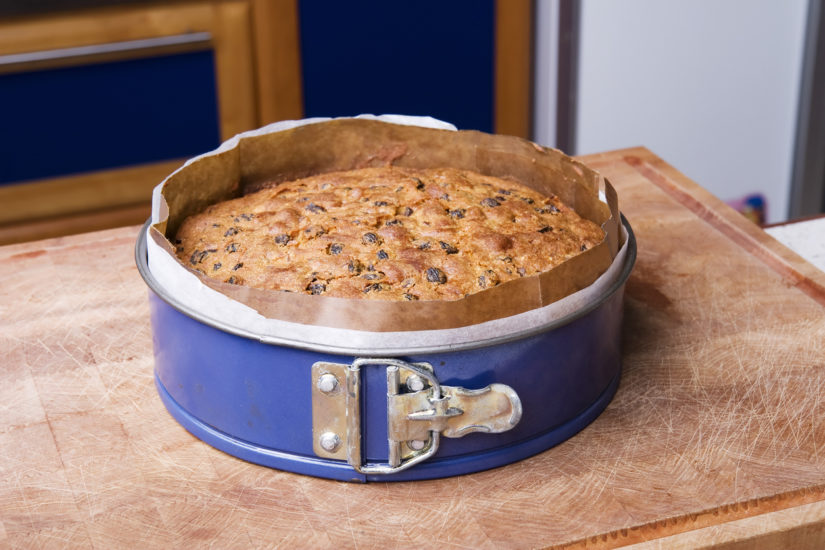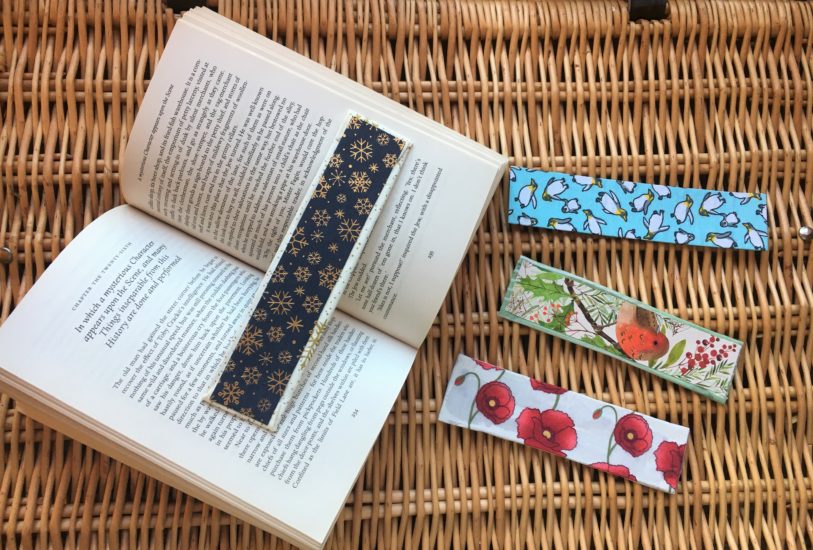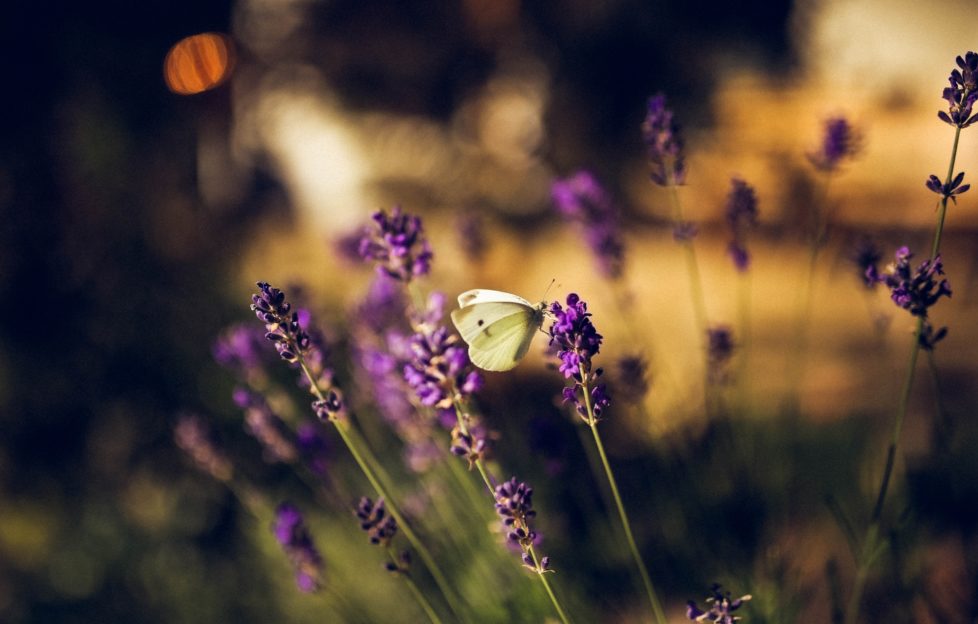
Just like last summer, there’s apparently a heatwave on its way.
While it’s important to look after yourself as it gets hotter, it’s also important to look after your garden.
To help, the experts at The Greenhouse People are here with their top tips for protecting outdoor spaces when the mercury is rising.
Watering can-you-do-it?
Hosepipe bans are a common occurrence during heatwaves. They may be an inconvenience, but they do save our plants from our instinct to water them too frequently.
Use the watering can and provide focused watering at the base of the plant, so roots can benefit as quickly as possible.
When it’s hot, the best time of day to water is early morning or in the evening.
Water plants in containers twice a day, as soil dries out much quicker in pots. Bonus points if you use rainwater from a water butt.
Plant choice
If you add new plants to your garden in the summer, plant on a cloudy day and water well if the weather is warm. Increase the plant’s chances of surviving the heat by using a half mulch/half potting mix.
Bedding in drought-resistant plants alongside the more heat-sensitive varieties will keep your garden looking healthy. Herbs such as rosemary, marjoram and lavender love the heat, and their flavour and scent become more intense in the hot summer months.
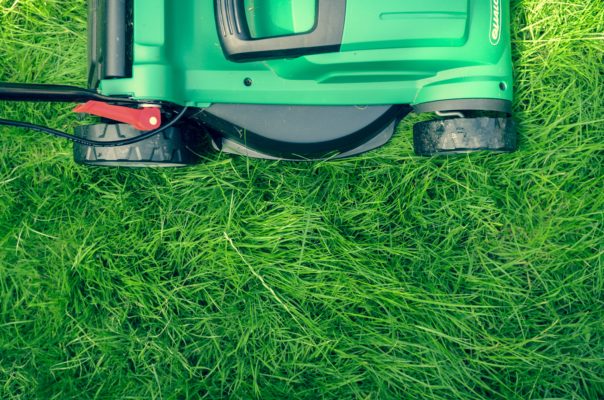
Need for feed
The best way to breathe some life back into plants suffering in a heatwave is to provide long-lasting moisture and rich nutrients.
Most gardeners can appreciate the benefit of mulching. This can hinder weeds, eliminating the need for hard work when you’d rather be sipping a cool drink in the shade. The nutrient-rich organic matter provides a lifeline for plants when things are hotting up outside.
If you lay down a thick layer, the top few inches of soil where most root activity occurs will be kept moist and cool. This will increase your crop yield if you’re a vegetable gardener, and reduce the amount of watering needed no matter what you’re growing.
One item sure to increase water retention is vermiculite. This can be found in potting soil or purchased by itself. A miracle product for gardeners, vermiculite increases nutrient retention and aerates the soil, resulting in healthier plants.
Greener pastures
You don’t have to use your entire postcode’s water supply to keep your lawn lush during a heatwave. A well-established lawn should require minimal watering in increased temperatures. Once a week should be enough, and your mowing routine should drop to once a week during periods of drought.
Before you mow, check the blades are sharp. When mowing, adjust your blade to a higher setting to ensure grass stems provide maximum shade to the soil. Afterwards, leave the cuttings instead of raking, which will provide shade and help you avoid damaging your lawn.
If your lawn goes brown and crisp, like many last summer, don’t fret.
When the rains and lower temperatures return it’ll soon recover.
Did this article bring out the gardener in you? Click here for more tips.

